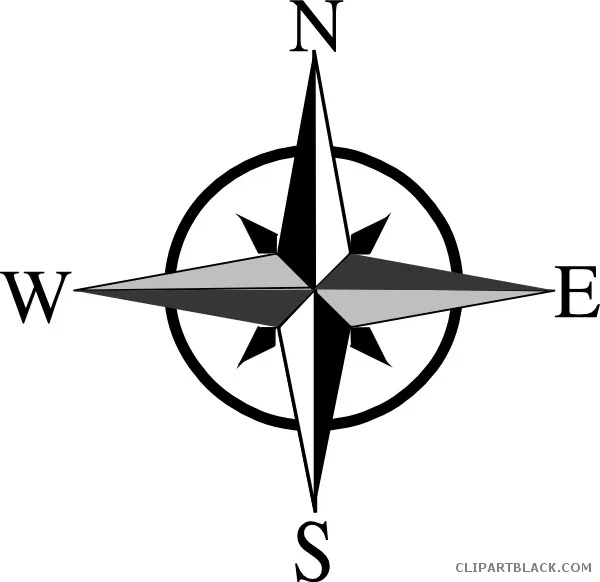
100%
The Most Accurate Compass Adjustment On the High Seas
The Importance of Azimuth Compasses in Navigation
When it comes to navigation, having a reliable and accurate compass is essential. Among the various types of compasses available, the azimuth compass stands out as one of the most dependable tools for determining direction. Whether you're exploring the great outdoors or sailing across the vast oceans, understanding the features and capabilities of an azimuth compass is crucial.
An azimuth compass, also known as a standard compass or compass Ritchie, combines the principles of magnetism and navigation to provide precise directional information. This compass is equipped with a magnetic needle that aligns itself with the Earth's magnetic field. As a result, it points towards the North and aids in determining other cardinal directions.
One notable advantage of the azimuth compass is its simplicity and reliability. Unlike other navigation devices such as GPS (Global Positioning System), which require batteries or satellite signals, an azimuth compass functions solely based on the Earth's magnetic field. This makes it a highly dependable tool even in remote locations or when electronic devices fail.
In addition to its accuracy, the azimuth compass also offers versatility in navigation. It can be used as a standalone tool or in conjunction with other devices like GPS. By combining a compass and GPS, navigators can benefit from the strengths of both technologies, ensuring accurate and reliable positioning.
Ritchie compasses, in particular, are renowned for their craftsmanship and precision. With their long-standing reputation, Ritchie compasses have become synonymous with quality and durability. Should a repair or adjustment be needed, skilled technicians familiar with Ritchie compasses can provide the necessary service to ensure their continued accuracy and functionality.
Another aspect of compass navigation worth mentioning is the role of the sun. While compasses primarily rely on magnetism, the position of the sun can be utilized to enhance accuracy. By aligning a compass with the sun's position, navigators can obtain a more precise reading, particularly during daylight hours.
When it comes to compasses used on ships, additional considerations come into play. Deviation cards, gyroscopes, and compass correctors are essential elements in ensuring the accuracy of magnetic compasses on marine vessels. Deviation cards, for example, provide corrections for any deviations caused by the ship's structure or surrounding magnetic influences.
Gyro compasses, on the other hand, utilize the principles of gyroscopes to maintain accuracy even in the presence of vessel motion. These devices are particularly valuable in ship navigation, where stability and precision are of utmost importance.
In conclusion, the azimuth compass remains an invaluable tool in navigation, whether on land or at sea. Its simplicity, reliability, and versatility make it an essential companion for outdoor enthusiasts, sailors, and explorers alike. The combination of magnetism, GPS, and solar alignment further enhances its accuracy and usability. By understanding the intricacies of compass navigation and the role of devices like Ritchie compasses, navigators can confidently traverse the world, guided by the most accurate compass at their disposal.